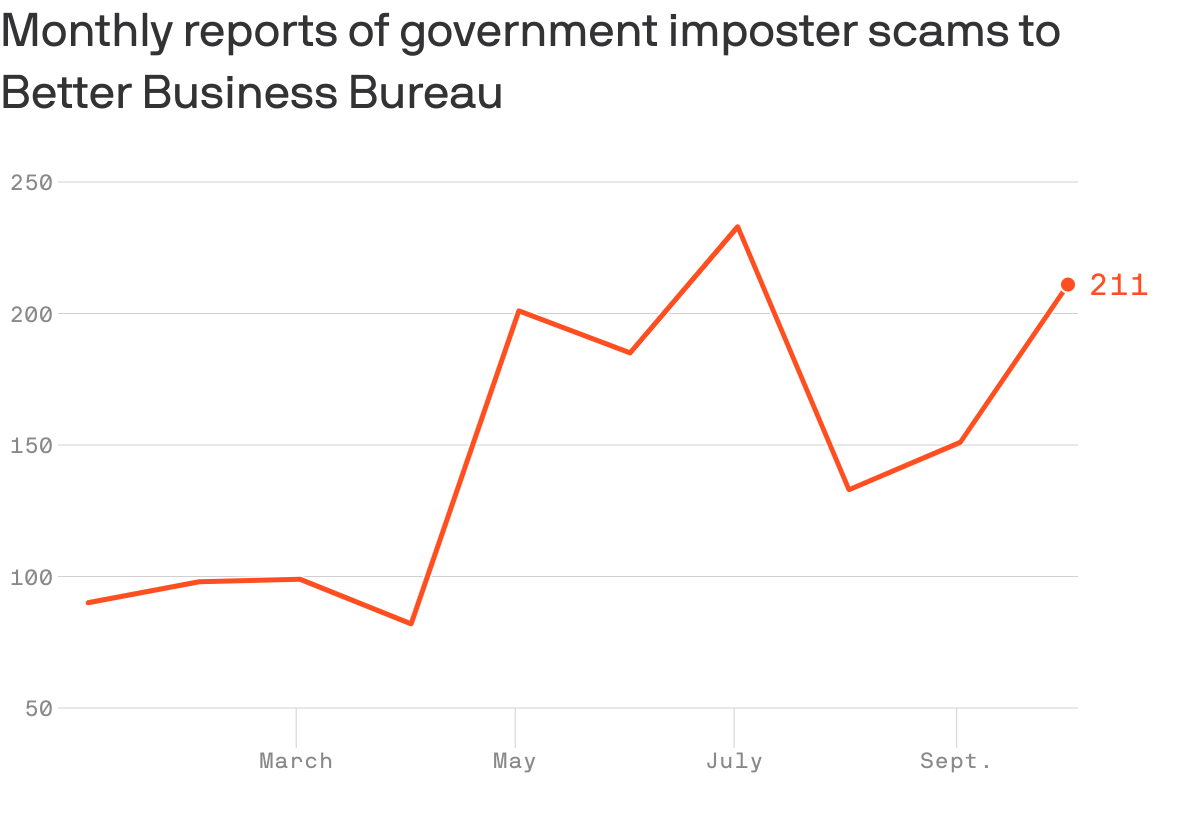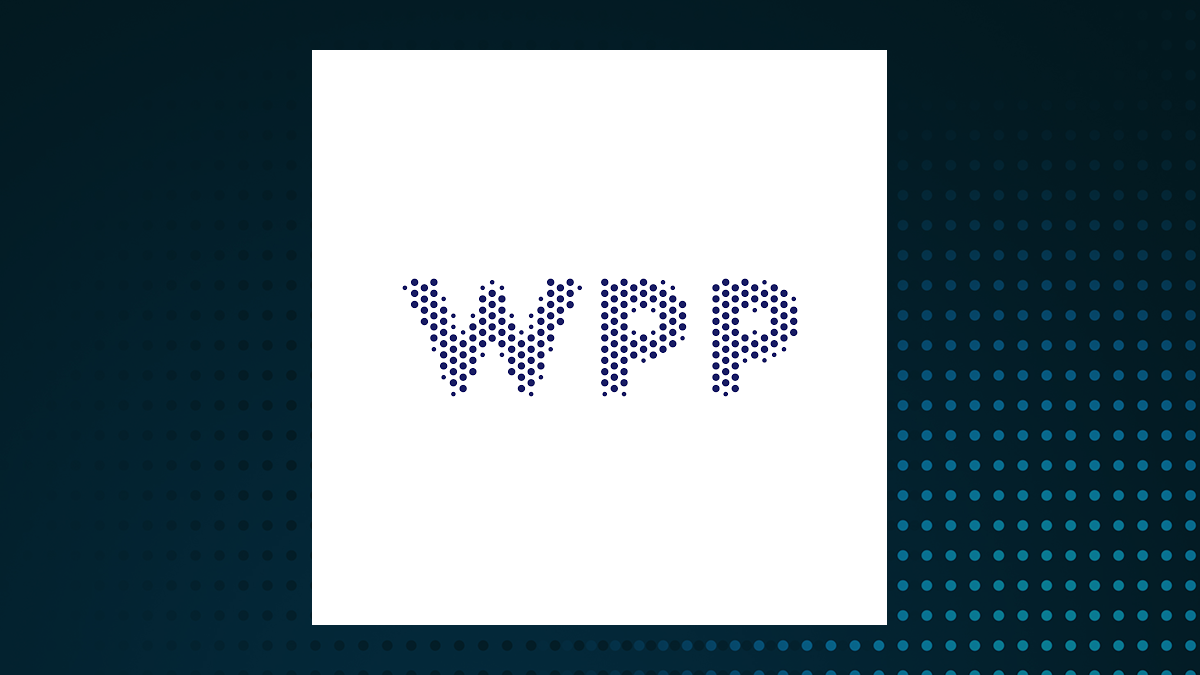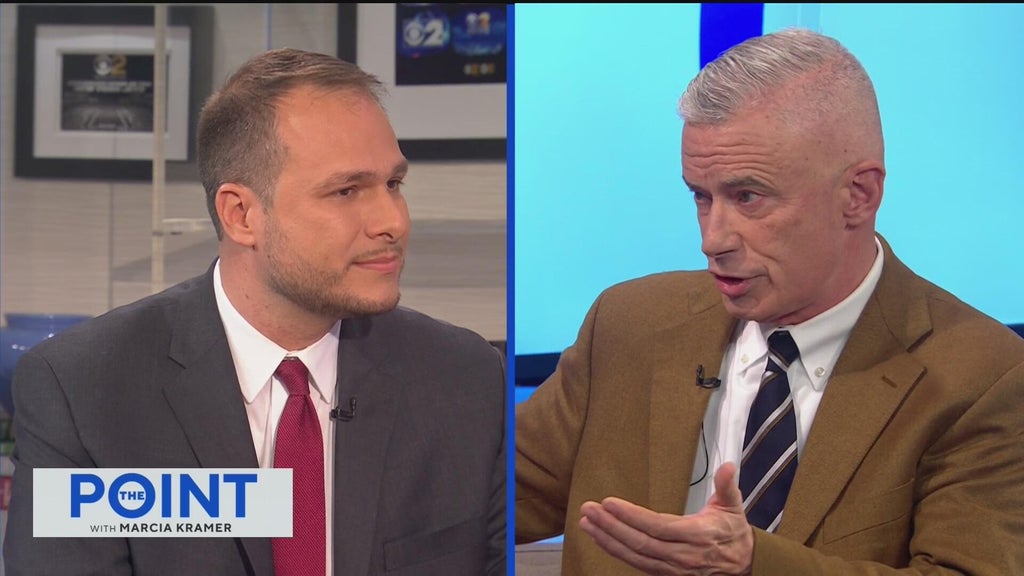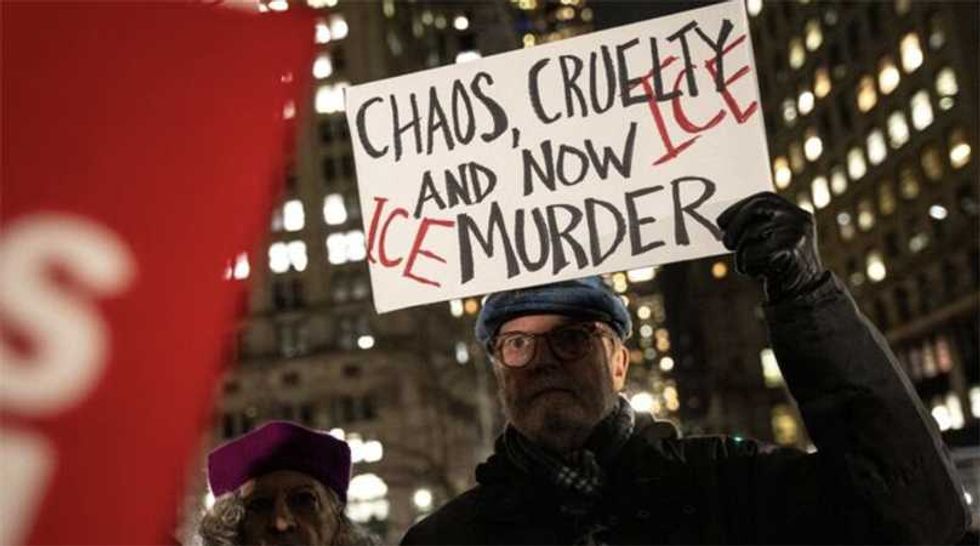Reports of scams impersonating government agencies surged during the recent government shutdown, according to data from the Better Business Bureau (BBB). In October, the BBB recorded a total of 211 complaints regarding scammers misrepresenting themselves as government officials, marking a significant increase from 151 complaints in September and 133 in August.
Scammers Exploit Confusion Amid Shutdown
As the shutdown persisted, government agencies, local banks, and consumer advocates raised alerts about the tactics employed by scammers. Experts anticipated that vulnerable populations, particularly those dependent on government assistance programs such as the Supplemental Nutrition Assistance Program (SNAP), would be prime targets for these fraudulent schemes.
The BBB spokesperson, Melanie McGoven, highlighted a general increase in scam reports this year, noting a rise of 40-50% across various categories. Complaints ranged from impersonations of passport renewal services to fraudulent claims of government-backed loans.
In one instance, a resident of Washington State reported receiving a call from a scammer who claimed that a government grant worth $22,000 was at risk unless a $500 fee was paid. Another individual documented a call regarding a “relief check” purportedly exceeding $5,000.
Advisories and Recommendations for Consumers
Despite the uptick in complaints, the majority of scam victims do not report their experiences to the BBB, indicating that actual numbers may be much higher. While many complaints in October were not directly linked to the government shutdown, the current climate of uncertainty tends to embolden scammers.
McGoven cautioned that the sophistication of scams has increased, with some websites appearing at the top of search engine results, leading potential victims to mistake them for legitimate resources.
In light of these developments, Amy Nofziger, senior director of victim support at AARP, emphasized the importance of skepticism when receiving unsolicited communications. “If you receive a call or text from someone claiming to represent a government agency, say ‘Thank you for your call,’ hang up, and seek guidance from a friend or advocate,” she advised.
As the funding freeze for SNAP looms, scammers are already starting to target recipients, intensifying the need for vigilance among consumers. The BBB and advocacy groups continue to encourage people to stay informed and cautious, especially during times of governmental uncertainty.







